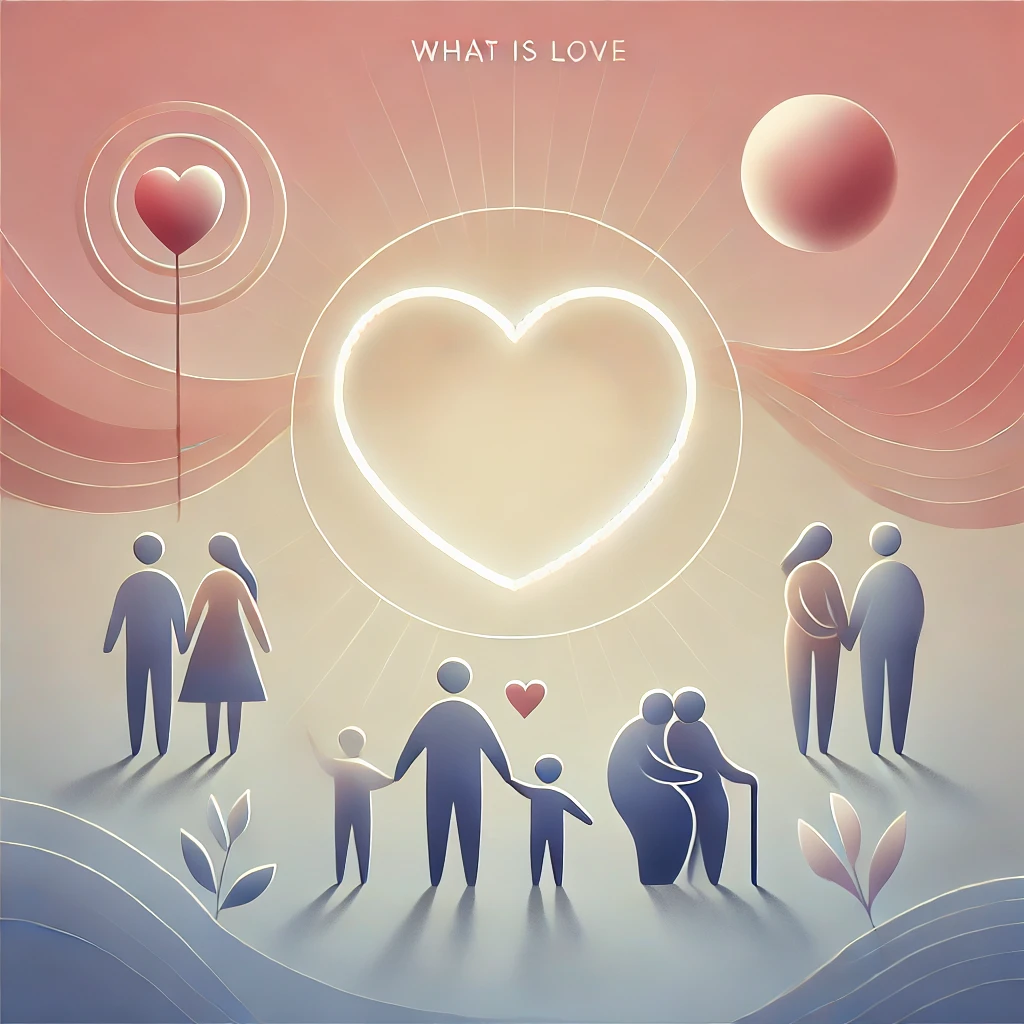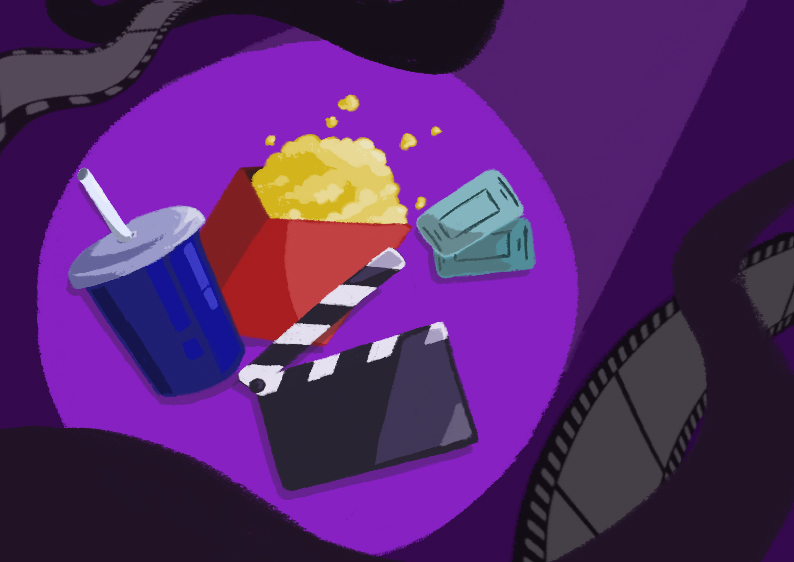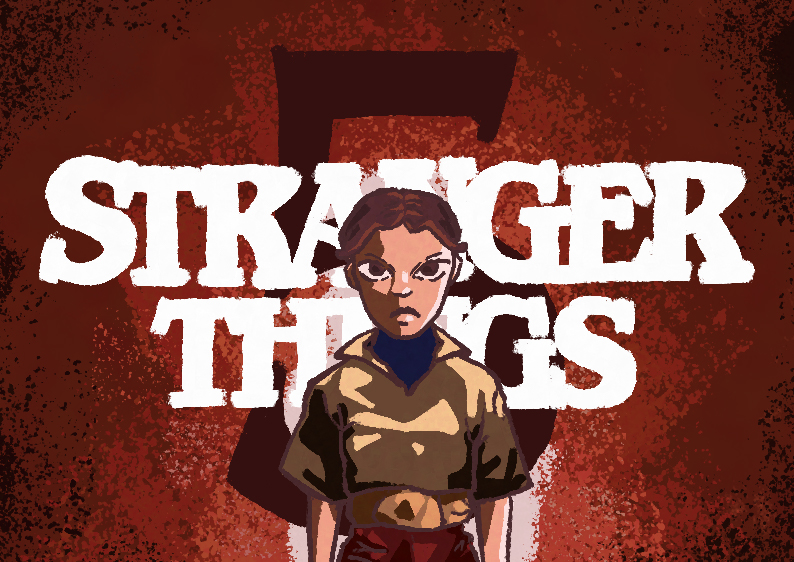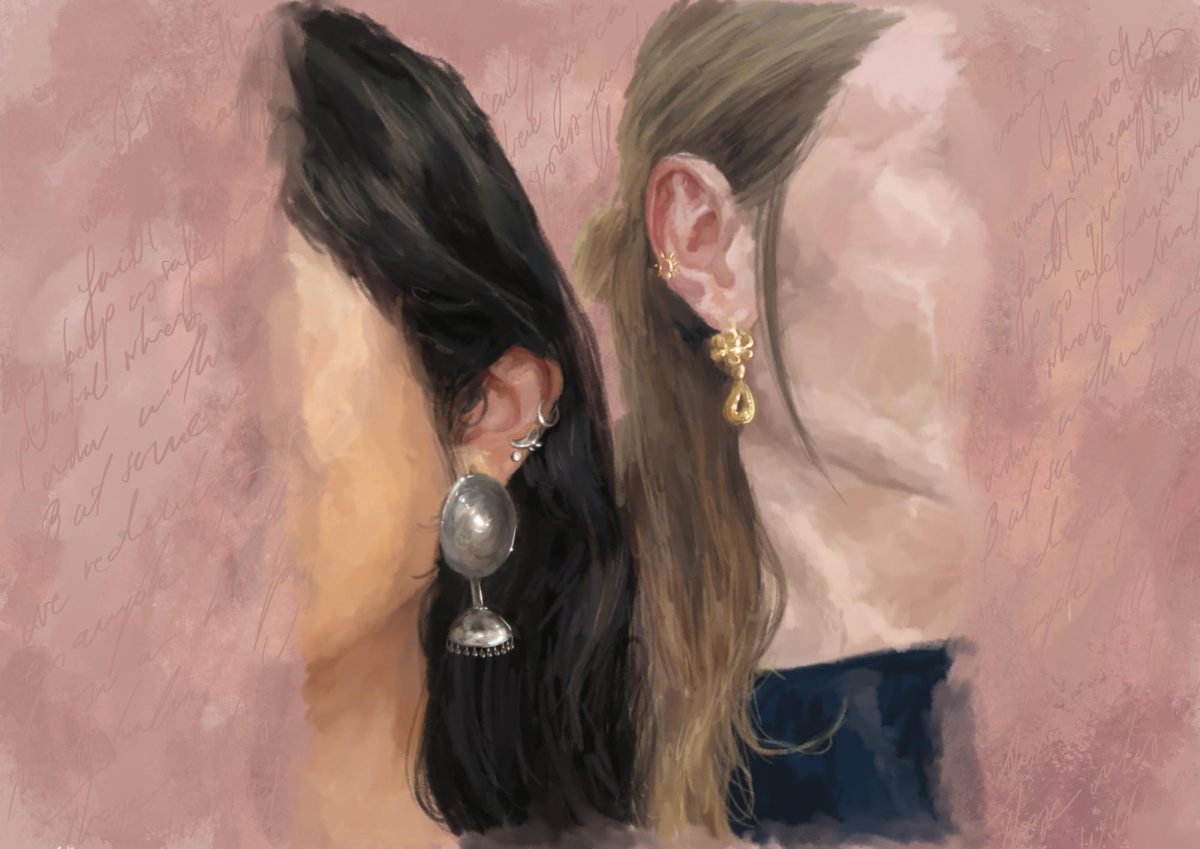I want to ask you a simple question – What is love?
In my youth I was fortunate enough to be involved with an organisation called The Culture Project. During Schoolies members would travel to the Gold Coast, not to party, but to provide aid to people to people who had partied too hard. And along with providing water, food and sometimes calling in paramedics, they asked this same question.
“What is love?”
This question sometimes led to laughs. Sometimes it led to tears, sometimes it led to swearing and violent threats. But rarely it led to any real answer. In a culture that seems obsessed with love, we seem to be utterly incapable of knowing what it actually is.
Let’s talk about what love isn’t:
a) Love isn’t (just) romance
Our culture can’t get enough of finding the one. The perfect match, that special someone that is going to complete us.
The entertainment industry profits from this notion. There are over 54 seasons of the Bachelor and Bachelorette in the US alone, nevermind the UK, Australian and 35 other international versions of the show. It is a tv series that brings in $90 million in profit per season in advertising alone.
Love is a business, and business is good.
But out of all of the thousands of people who have been on these shows, how many couples are still together?
7 couples.
The average relationship length of most Bachelor couples?
8 months.
There are sandcastles that have lasted longer than most of these relationships, and yet every year millions of people tune in to chase the feeling of romance.
Romance is good, but it’s just a feeling, and this feeling will go away. Not maybe, not if you are unlucky. Guaranteed. You will not feel romantic every day of your life. These feelings can be rekindled, but it will take some work, and if your relationship is built solely on “this person makes me feel good”, when that feeling ends, so too does the relationship.
b) Love isn’t (just) friendship
Some say you should marry your best friend, the person that makes you happy. This is a better start, but it depends how they make you happy (see my previous Weare article for more information about happiness.)
The wrong kinds of friendship will not lead to love. Most people know this, if you have friends who you play sport with, or study with, or volunteer with, this is usually a good thing. If you have friends who try to convince you to skip school or steal or do things that go against your flourishing, then these aren’t your real friends. Why? Because this friendship is not based on doing good, virtuous things together, it’s based on seeking pure pleasure and joy.
This makes you expendable. They are not seeking your good. If something more joyful comes around, you will be replaced.
So, Friendship and Romance can help lead to love, but they don’t tell us what love is.
- I love lasagna
- I love my dog
- I love my family
All of these are true statements, but unless you are a strange individual, these loves are not the same. I enjoy Lasagna, I am fond for my dog, I would die for my family.
I would not die for lasagna, and if my response to “I love you” was – “I enjoy you too”, I would likely be sleeping on the couch.
Love is not Love is not Love. The ancient Greeks had better words to define these.
- Storge – Familial Love, it’s the love you feel for your little brother, even when he’s being a real brat. You don’t always like him, but you (Storge) love him.
- Philia – Love of Friendship. It’s taking pure delight in spending time with others, their wins are your wins, simply hanging out is the best thing ever. If you’ve ever said “I love you bro”, you meant Philia
- Eros – Romantic Love. It’s the one all the songs are about. The butterflies in your stomach, the tingling feeling you get when you see that special someone – sweaty palms, knees weak, arms are heavy. When you spend all night trying to perfect your mom’s spaghetti recipe on the off chance you can impress them on a romantic date -that’s Eros
Now these 3 are all well and good, but there was one version of love that was seen as superior above all the rest.
3. Agape
The answer to the question of what is love. The final type of love of the Greeks – Agape, Sacrificial Love. Agape was used in the bible to describe the love that God has for his creation, a profound, deep sacrificial love that is not bound by circumstances.
Agape is doing something for the good of the other person without focusing on getting what you want out of it. Your friends will party with you. Your real friends will help you clean up once the parties over.
The philosopher Thomas Aquinas says it best:
“Love is willing the good of the other person”
The clearest example of love is that between a mother and her newborn. Childbirth is one of the most painful experiences a person can go through. It’s preceded by 9 months of morning sickness and fatigue and is followed by years of service to a baby whose vocabulary is initially limited to crying, pooping, and crying some more. Yet studies show that childbirth and motherhood is consistently one the most rewarding experiences in a person’s life.
Babies are helpless – they can’t give you anything, and so all love you provide them is sacrificial. Yet by sharing this Agape (love), it is given back. It is by giving that we receive, by loving selflessly that we can find true love.
If you want to have successful relationships, to be loved, you must be willing to put other people first. Don’t be a doormat, or a martyr, you can’t love everyone deeply. But, if you are incapable of caring for the needs of those closest to you? One day you won’t have to worry about it – because you won’t have people close to you anymore.
Sir, this is a bit deep, I’m in year 9 and only reading this to avoid doing Maths.
Fair enough. However, people spend their lives chasing the idea of love and being unsatisfied when reality falls short.
One day you will be in a serious relationship, and I hope that you remember this article. Reflect on who you are planning to marry.
Are you able to sacrifice for their good? Can they do the same for you?
Because if that person isn’t treating you right, they don’t know the answer to “what is love” you need to be able to tell them:
Love is willing the good of the other
So baby don’t hurt me
Don’t hurt me













Dennis N • Apr 9, 2025 at 2:11 pm
I am a year 9 student and I read this in math this article feels targeted